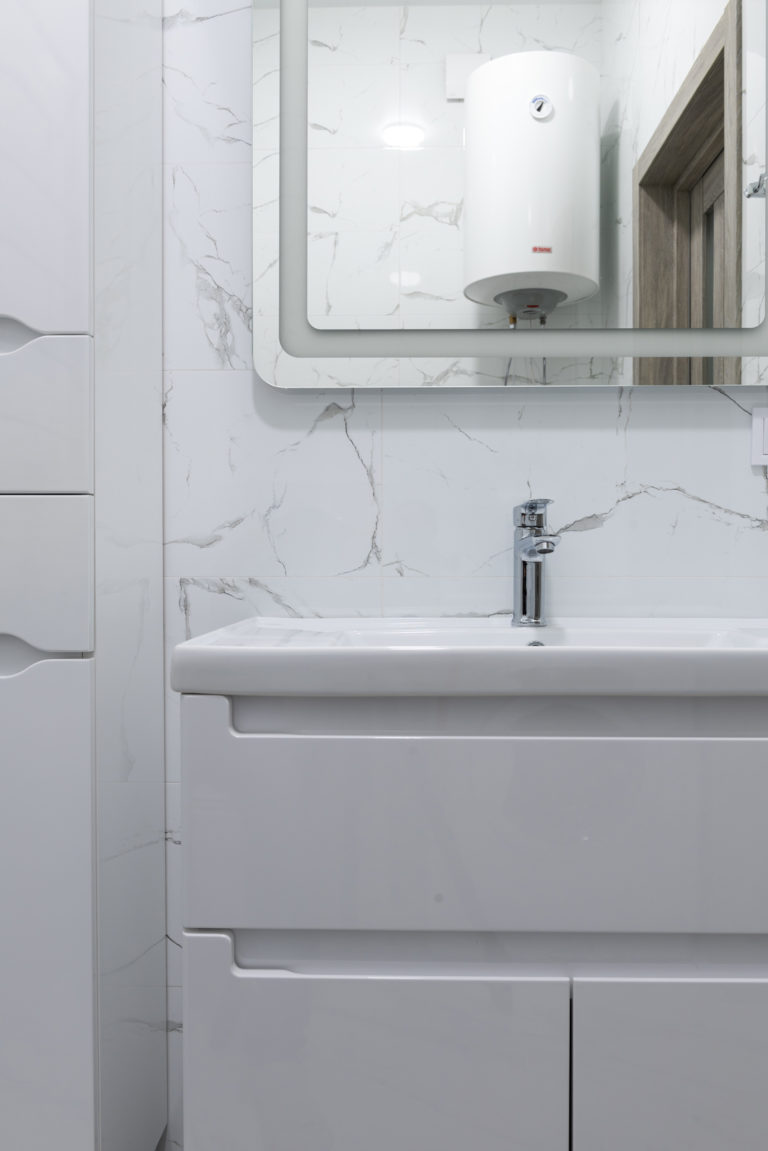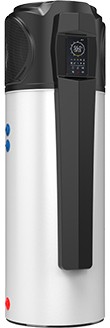Tips To Save On Hot Water This Winter

Authored by:
Matthew Wilson

Everybody needs hot water, but is it necessary to suffer through exorbitant energy bills during the winter? We don’t think so.
Colder months usually mean that you’re using more energy than usual to stay warm. But keeping these helpful tips in mind will ensure that you’re using your energy efficiently and prevent hot water bills from skyrocketing.
Let’s start by understanding how much we spend on hot water.
How Much Do We Spend On Hot Water?
How much you spend on hot water depends on where you live and whether the winters are more extreme in this zone, hence warranting the need for more hot water. In general, hot water can be expensive and often makes up as much as 35% of your energy bill.
A Canstar Blue survey conducted in late 2021 found that the average quarterly water bill in Australia was $226. For Victoria in particular, the average quarterly water bill was $247.
Household Size
As expected, the bigger the household, the more hot water used. Below is the average water bills in Australia per quarter based on the household size.

Tips To Save On Hot Water
Now that we understand the costs of hot water, let’s look at a few tips to help us save on bills this winter.
1. Setting It At The Right Temperature
Well, this depends on the type of hot water system you have. A storage system needs to be set at a higher temperature to stop the growth of Legionella bacteria. But bear in mind that the higher in temperature you go, the more energy loss.
As for continuous flow systems, you don’t need such a high temperature as water will be heated only when required.

To safely set your hot water systems to the right temperature, enlist the help of a licensed plumber.
2. Insulate Pipes
Did you know that the warmth that radiates from your pipes actually contributes to energy loss? A poorly insulated system can lose as much as 3 kilowatt-hours per day, roughly translating to $185 per year.
Insulating your pipes can take care of this. You can either do this yourself or get help.
If you’d like to DIY it, purchase a closed-cell rubber insulation, which will act like a jacket for your pipe. You can secure it in place with zip ties or duct tape. Alternatively, you can get a licensed plumber to do it for you.
3. Service And Maintain Your Hot Water System
Your hot water system will need to be serviced by a professional once every 2 years. The average lifespan of a storage tank is 10 and 15 years, while continuous flow systems last about 15 to 20 years.
For continuous flow systems, the water contains minerals that can result in scaling over time. To prevent this gunk from causing any problems, you’ll need to descale it by running a large amount of vinegar through the tank. Then, you’ll need to flush the system for 45 minutes to fully remove the gunk from the tank. You can do this yourself but it’s best to get a professional to handle it for you.
As for storage tanks, something you can do on your own to maintain the system is to release the relief valve once every 6 months to help the system last as long as it does. It’s just a matter of lifting up the valve for 10 seconds and putting it down again.
The relief valve prevents the buildup of excessive pressure, which could damage the storage vessel or even unbalance the system. It’s like giving your storage tank a little breather every now and then.
4. Consider A Hot Water Heat Pump

A heat pump hot water system is a type of water heating system that transfers thermal energy between spaces. Because it does not generate heat directly, it can be up to 4 times more energy efficient compared to conventional electric hot water systems.
Heat Pump Hot Water Systems Are More Efficient

https://www.gaschill.com.au/4-reasons-to-consider-heat-pumps-for-your-hot-water-system/
The running costs of a heat pump would generally be $185 per year. Although the upfront costs of installing the heat pump may be more expensive than a conventional heating system, its lower running costs make it the more practical option in the long run.
Heat pump users can see their system pay for itself within 5-10 years, saving thousands over its average 15-year lifespan.
Save On Hot Water Bills This Winter
Apply some of these tips and enjoy hot water without having to worry about the high energy bills, even during winter.
If you are looking at hot water options and want to speak to a professional, Gas Chill is happy to help. Speak to our trained hot water system specialists today.

By:
Matthew Wilson
An expert in sustainable HVAC technologies, helping you reduce your carbon footprint while staying comfortable.




